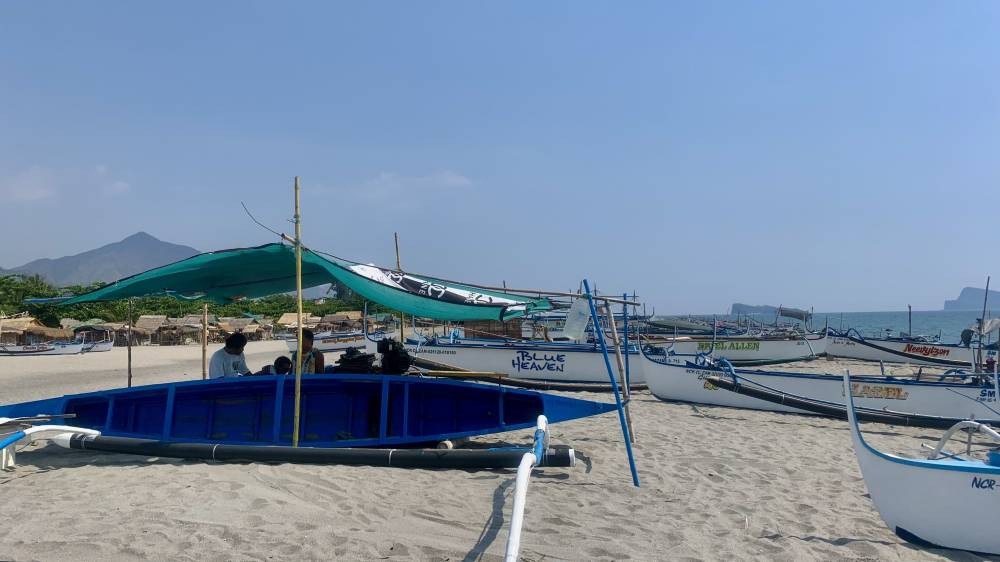‘Balikatan’ displaces Zambales fishers

SAN ANTONIO, ZAMBALES—At least 6,300 registered fisherfolk in six coastal towns of this province have once again had their livelihoods disrupted due to ongoing military exercises under the annual “Balikatan” joint drills between the Philippines and the United States.
Just a week after a three-day fishing ban due to the exercises, which began on April 21, small fisherfolk and tourism-dependent residents in the towns of San Antonio, San Narciso, San Felipe, Cabangan, Botolan and Subic had to halt operations again this week with the maritime strike exercise taking place from Monday to Tuesday off the coast of this town.
The drills include the live-fire sinking of the decommissioned BRP Miguel Malvar, a retired Philippine Navy vessel. A similar exercise in 2023 involved the BRP Pangasinan.
These disruptions have become a recurring issue during “Balikatan” (shoulder-to-shoulder) exercises, which are conducted over the last 40 years and dubbed as the largest annual bilateral exercises between the armed forces of the United States and the Philippines.
In 2023, the Armed Forces of the Philippines pledged to provide assistance to affected communities, but according to residents, no support has yet materialized.
“We’ve had to find other ways to earn because there’s no fish to sell and still no aid has been given,” said Hilda Reyes, president of the San Miguel Women Fish Vendors Association, in an interview.
She added: “Some of us don’t even have capital. We’re forced to borrow money just to buy goods in Subic to sell. When fishermen go out to sea here, they can pay after selling their catch. But in Subic, you need cash up front.”
While Subic is also subject to fishing restrictions, its larger vessels—capable of staying at sea for days—still manage to make significant catches. Smaller communities often depend on Subic’s fish supply during these bans.
For many local fisherfolk, even a single day of interrupted fishing poses a major financial loss. They have expressed frustration over the lack of consultation ahead of the drills.
“This time of year, the catch is abundant. If they really need to hold the exercises, they should schedule them during the full moon, when fishermen usually don’t go out to sea anyway,” said fisherman Frederick Cachuela.
Ronnel Arambulo, vice chair of the fisherfolk alliance Pamalakaya, criticized the impact of the military drills on marine ecosystems.
“If dynamite fishing is illegal because of the damage it causes, what more with high-explosive antiship missiles?” he said in a phone interview.

















